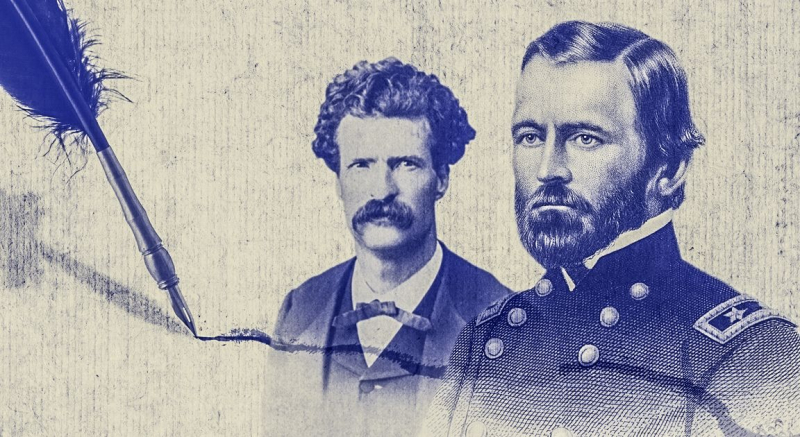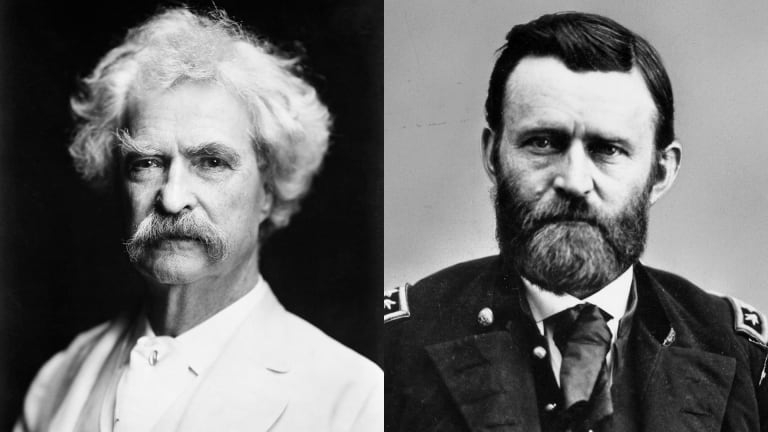Twain briefly served with a Confederate militia and worked as a miner
Soon after the Civil War started, in June 1861, 25-year-old Clemens enlisted in the Marion Rangers, a pro-Confederate militia. Even though his family had owned a slave when he was a child, Clemens had no strong political opinions and most likely joined the militia mostly out of kinship with his native South. He only spent a short period with the group: The inadequately equipped Marion Rangers dissolved after two weeks of training when they heard a report that a Union force—led by Ulysses Grant, as Clemens later discovered—was approaching them. The next month, Clemens traveled west with his brother Orion, who had been appointed the territory secretary of Nevada, leaving behind Missouri and the war.
As long as it helped him get the money he needed, Twain wasn't hesitant to try out other employment. He started working as a miner in Virginia City, Nevada. In Virginia City, Nevada, he started working as a miner. Unfortunately, this work ended up being difficult and depressing. The mining industry suffered significantly from the conflict. Twain was fortunate in that he didn't have to labor there for very long. He received his first writing assignment in 1862 for the Territorial Enterprise newspaper in Virginia City, where he wrote on politics, mining, crime, and culture. In February of that year, he published his first work under the pseudonym, Mark Twain. He had previously used the aliases W. Epaminondas Adrastus Blab and Thomas Jefferson Snodgrass.
In actuality, Clemens later on in life grew to be friends with Ulysses Grant, and in 1885 he published the former president's autobiography, which went on to become a best-seller and save Grant's widow from poverty after her husband lost most of their money via poor investments.















